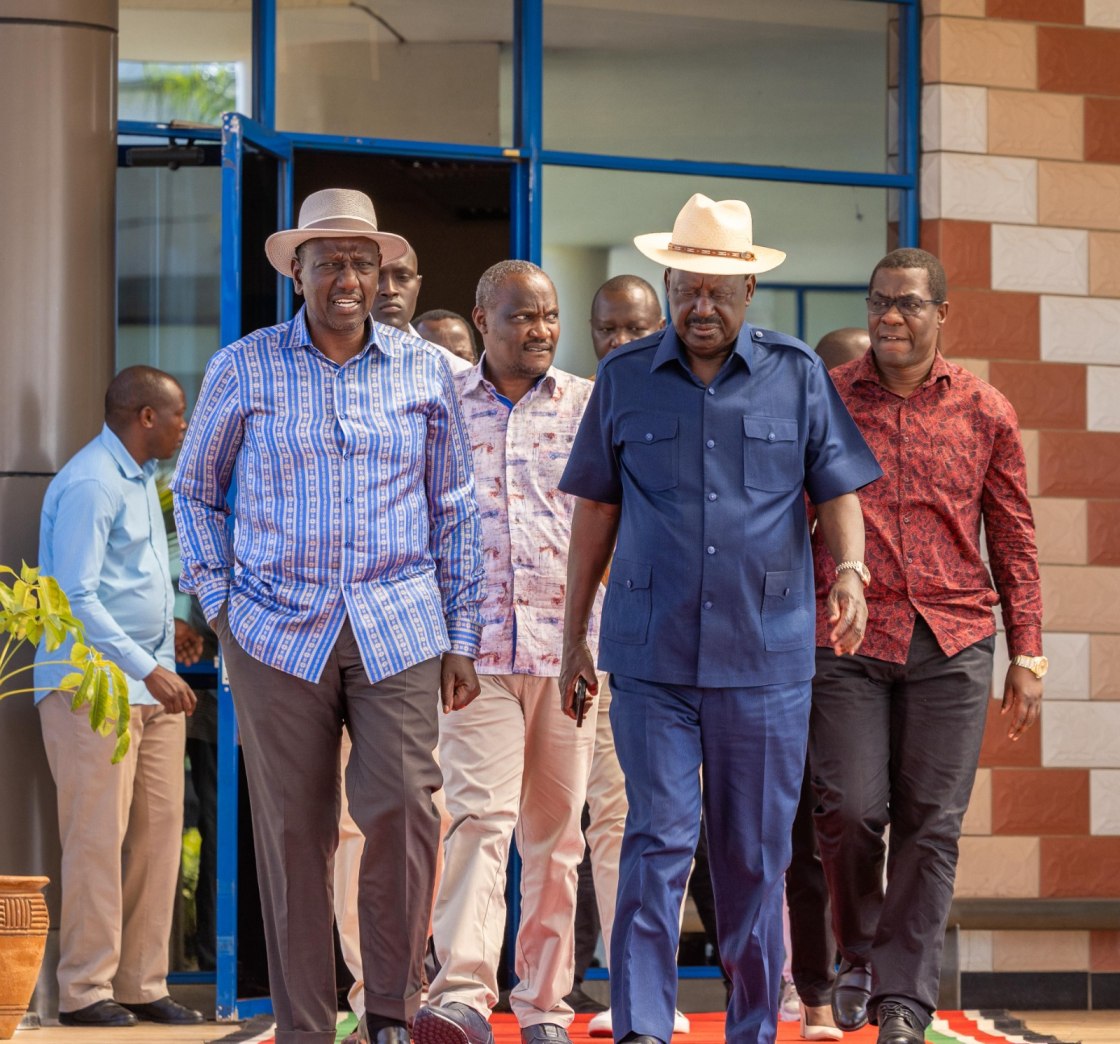First Ruto–Raila budget slashes education to fund defence, security

The National Assembly has passed the first joint budget under President William Ruto and opposition leader Raila Odinga, amounting to Sh4.2 trillion, with the Defence Ministry emerging as a key winner while public education, health and welfare programmes faced widespread funding cuts.
The National Assembly adopted the Budget and Appropriations Committee report, ushering in spending shifts that favour military and security operations.
The Defence Ministry’s allocation now stands at Sh201 billion, with a Sh6 billion rise for security operations, Sh2 billion for recruitment of new military officers, and Sh5 billion added to support Kenya’s operations in Somalia.
As defence spending soared, the education sector faced sweeping budget cuts. Capitation funds for public primary, junior and senior secondary schools were reduced by Sh5.9 billion.
Sh3 billion was taken from senior secondary schools, Sh2 billion from junior schools and Sh900 million from primary schools. The funds will now support administration and invigilation of national exams, which had been left out of the earlier Treasury proposals.
The public school feeding programme, which was initially allocated Sh3.6 billion, was reduced by Sh600 million. ICT integration in secondary schools lost Sh250 million, and teacher capacity-building suffered a Sh620 million cut.
The development budget was reduced by Sh3.5 billion. Social protection was among the hardest hit, with the Health Insurance Subsidy Programme for Orphans and Vulnerable Children losing Sh100 million.
The Universal Health Coverage programme was also affected, with Sh2.5 billion cut from the Strategic Response to Public Initiatives, Sh2 billion from the Emergency, Chronic and Critical Illness Fund, and Sh100 million from Primary Health Care.
A Sh20 million cut hit the Disease Surveillance and Response Unit.
Several development and equality initiatives lost funding. The Equalisation Fund faced a Sh1 billion reduction, while Sh1.3 billion was slashed from funding for government-sponsored students in private universities.
The University of Eldoret’s engineering complex and the Open University each lost Sh250 million.
The budget for IFMIS Oracle licence renewal was reduced by Sh330 million, while the e-procurement system lost Sh300 million. A further Sh400 million was slashed from both contingency funds and general budget reserves.
Other losses include Sh520 million from rural electrification schemes, Sh500 million from subsidies to private financial enterprises, and Sh650 million from the tree-growing and rangeland restoration initiative.
However, Parliament increased funding in key political and economic areas. Rural electrification was boosted by Sh950 million for transformer installations, and street lighting received Sh180 million.
The DCI got Sh400 million more, while Sh800 million was added to police operations under the Office of the Inspector General, including Sh150 million for radio communication equipment. New administrative units received Sh100 million, and livestock support services also got a Sh100 million boost.
Agriculture received additional attention, with the State Department for Crops getting Sh430 million for the Agriculture and Food Authority to provide seeds and seedlings, and Sh350 million for food security and crop diversification.
The Office of the Data Protection Commissioner was given Sh100 million to expand public awareness and support data handlers. The Media Council of Kenya also received Sh100 million to support media monitoring, content regulation and ICT media centre operations.
